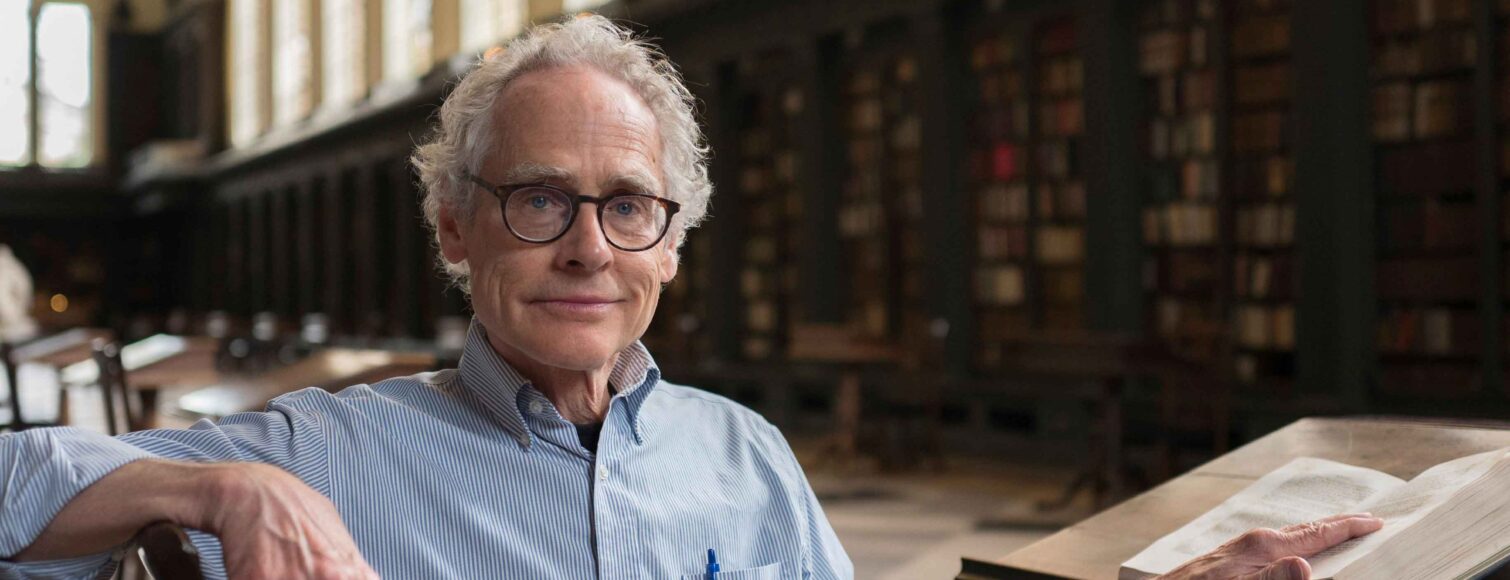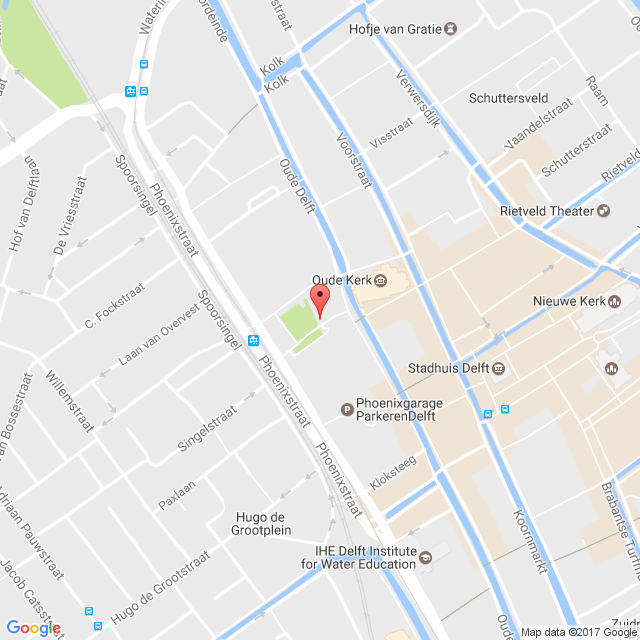Recording: Van Hasselt Lecture | Peter Railton: Sharing a World with Artificially-Intelligent Agents
Sharing a World with Artificially-Intelligent Agents
With the development of AI, our world will increasingly be shared with highly-capable artificially-intelligent agents, many operating relatively autonomously. This raises a host of safety concerns, and while various restrictions and “guard-rails” are being designed to impose upon such agents, the openness and complexity of the natural and social worlds we will share with AI agents requires that these agents have some capacities of their own for identifying and responding appropriately to ethical features of situations and actions. Current AI systems and agents owe their open-ended capabilities primarily to learning rather than pre-programming. Might learning processes also enable AI agents to acquire open-ended competence with ethically-relevant features, becoming much-needed allies in promoting safety for AI agents and ourselves alike?
Keynote speaker Peter Railton is Distinguished Professor of Philosophy at the University of Michigan in Ann Arbor. The Sibil•la Ensemble will provide musical counterpoint inspired by the writings of the 12th century mystic Hildegard von Bingen.
Van Hasselt Lecture
The annual Van Hasselt Lecture addresses topics around ethics, peace and justice in our technological age. The lecture was named after Frans van Hasselt, a student in Delft, who denounced the suspension of Jewish professors at the University in a speech on the 23rd of November 1940. In August 1941 he was arrested by the German occupying forces and perished at Buchenwald concentration camp two years later.

The Van Hasselt lecture is organised jointly by the department Values, Technology and Innovation of the Faculty of Technology, Policy & Management and Studium Generale TU Delft.


